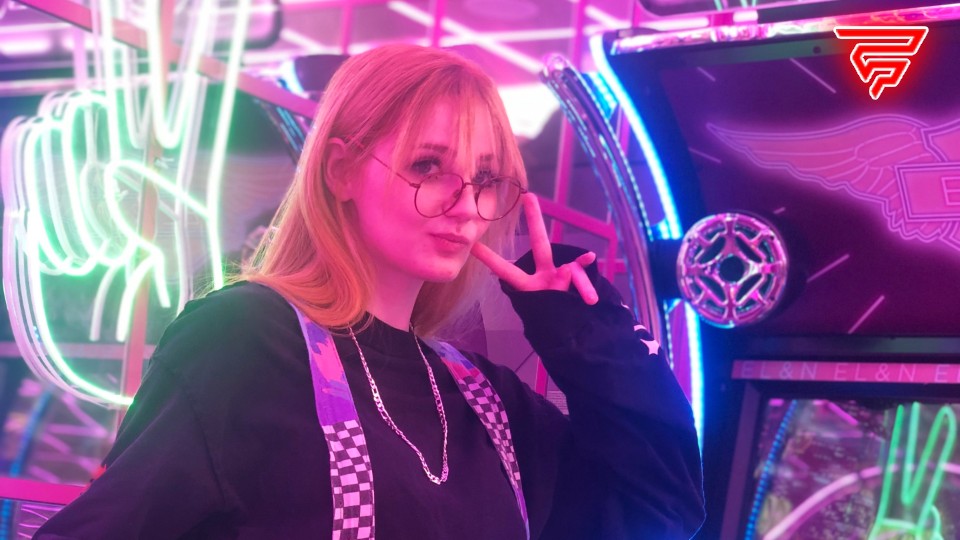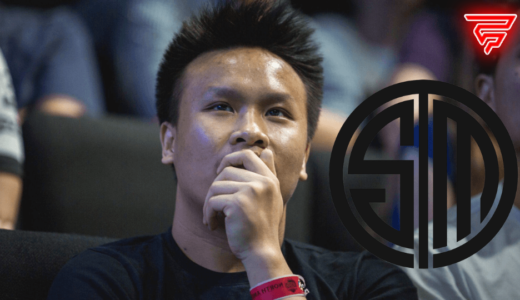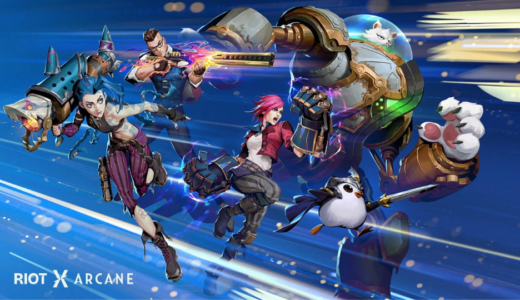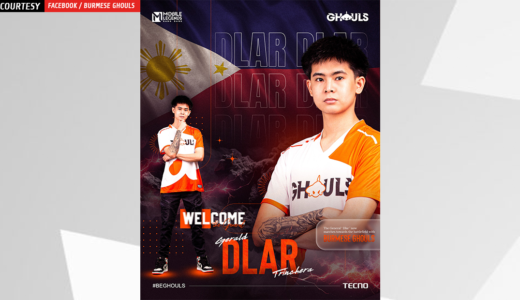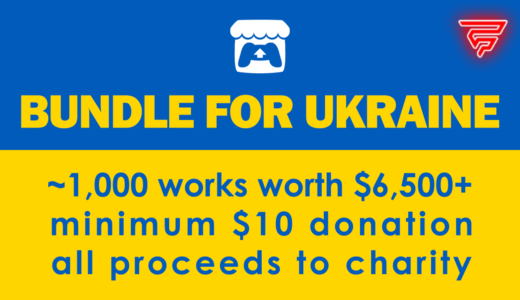In the world of esports, streaming, and content production; talent management is an essential part of the process that ensures growth and opportunities for aspiring talent and their business.
From recruitment to setting up a proper business strategy, securing partnerships, providing legal and financial services, and managing operations; talent management entails a lot, but it can be a highly rewarding career path rich in valuable experience and transferable skills.
Ultimately, it can be a pathway to becoming the talent, just like in the case of Daisy “Damp”, a professional esports host and interviewer with a future in F1, who spoke with Fragster about her journey from talent management to becoming a talent herself.
Besides talent management and how to get into the space, we discussed what’s important at the start of the career as a talent and what’s cruicial for the proper organic growth of a personal brand.
You find opportunities and you run with them
Fragster: So Daisy, you have experience in various fields, but let’s focus on talent management here, as you’ve worked as a talent manager for almost two years, and managed multiple top talent. Can you talk about what motivated you to get into the field and how did your journey look like?
Daisy: Working as a talent manager wasn’t really in the books for me, originally. I was a student studying Nutrition Sciences, and was exposed to esports very late in my academics. It was actually a twist of fate that led me into this career path.
Like most people in esports, you never really start off with the role you want to be in. You find opportunities and you run with them. Thankfully, for me that meant working with some of the best UK esports talent; and as much as I was helping them in regards to looking for work and staying on top of event logistics, they were also helping me broaden my horizons. I learned a lot about my own passion for wanting to do on-camera work in esports after being a talent manager and getting a taste for the events they were working on.
As a freelance talent manager, it seems hard to establish yourself on the market, considering there are so many talent agencies out there. How did you tackle this issue?
I think I had a leg up in the sense that I had close personal connections with quite a few big names inside of the UK esports scene. They had seen my work when I was helping manage the back end for Jacky, and eventually, it snowballed into something much greater. But all in all, it’s mostly about being genuine and showing that you can offer a mutually beneficial relationship for both yourself and the client.
(: #MCMComicConLondon pic.twitter.com/1nHCYqDazM
— Daisy 🍓 (@Dampptowel) May 29, 2022
The role of a talent manager
Can you describe what exactly the role of a talent manager entails?
It’s a hard one to pin down as it differs from agency to agency. My approach focused on wellness and organization as the top priorities. For example, diet is often an overlooked aspect in esports that can contribute to burnout. With my backing in food, I provided nutritional assistance to talent in order to keep them in their best form outside of events. I would also oversee conversations with TO’s, and do my best in scouting future opportunities and brand deals for the talent I was working with.
Besides logistics and everything else, probably the most important part of talent management is managing their growth. What do you think is most important for the proper organic growth of a personal brand?
The most important part of organically growing your brand is being yourself, as cliche as that sounds. Find your niche, and run with it. Being active is also one of the biggest parts, such as interacting on social media and providing your followers with something to react to. A question, or a social media call to arms; Things like that tend to get the best response. And also just pushing yourself outside of only esports work. Not being on a broadcast doesn’t have to mean it’s a waste of time. It just means it’s an opportunity for you to create your own content, be it a live stream or an Instagram post, everything helps.
In Jacky’s case, we’ve gradually grown his Twitch channel to over 350 subscribers in the last few months by consistently engaging with his community. The road to growth is simpler than it sounds, a lot of people just won’t commit to actually putting their ideas in motion. The biggest part of creating content is just starting.
went out and did things (pics 4 proof) pic.twitter.com/UWcZSdvnIA
— Daisy 🍓 (@Dampptowel) May 27, 2022
You also started growing your own personal brand and working as on-camera talent, how’s that going at the moment? Can you share what you’re currently working on?
Through the connections I’ve made working with talent, I found myself with some opportunities in front of the camera and loved every minute of the experience. Being someone that’s always pulling the strings in the background, finally getting a chance to be the face of a broadcast gave me a taste of what I really want to do inside of esports.
In the past year, I’ve desk-hosted a few different titles and events ranging from games like Halo to Counter-Strike. However, my true passion lies in Motorsports. I’ve been particularly excited about the growth of Formula E and F1 within esports over Covid. With the skills I’ve learned covering fast-paced FPS titles, I think that it all ties in well with what I want to do in the future — working as an interviewer or host inside of the racing scene.
✨ Energetic female host and interviewer! ✨
With experience in #CSGO & #Halo, looking for broadcast opportunities
❤️ RT's & support is super appreciated x pic.twitter.com/QgPpVa8yaE
— Daisy 🍓 (@Dampptowel) July 28, 2022
Not afraid to fail
Is it any easier for you to grow your own brand, having previous experience with talent management?
Absolutely. The biggest hurdle most talent face when growing their brands is when they try something new and it doesn’t work, so they get discouraged. I’ve seen a lot of passionate people throw away good ideas because they don’t immediately pay off. Thankfully from brainstorming ideas for other people, I’ve had a lot of experience with failure and knowing when I should shift my focus versus when to commit to something that I know will pay off in the end. Those lessons have been invaluable in my journey to growth. Remembering that the only difference between the people I look up to, with bigger brands, is that they’ve failed more times than I have tried.
What advice would you give to someone who’s just starting their career as a talent in the gaming industry?
Be kind and be genuine. There are a lot of brilliant people in esports. It’s the only place where you can fully flesh out and collaborate on creative ideas to this magnitude. If you go into it passionate about the game, or the people you’re working with, you’ll find that opportunities tend to come your way. The worst thing you can do is let ego get the better of you. Every member of an esports broadcast plays a very integral role. No one is more important than their peers, so treat everyone equally and how you would like to be treated. Very commonsensical advice that tends to be forgotten.
As someone who’s been on both sides, what do you enjoy more — managing the talent or being the talent?
Being the talent is definitely my calling. While managing talent has been such an amazing experience, and invaluable to my growth as a person, I’m glad that this is the path I get to pursue moving forward. It’s very rewarding work and I love everything about it. Watching my clients move on to bigger and better things only makes me feel more confident about my future as well. I’ve experienced first-hand just how far passion and dedication to improve can take you in the world of esports. Using all of my experiences, I’m certain I’ll reach my goals.
Header: Daisy
